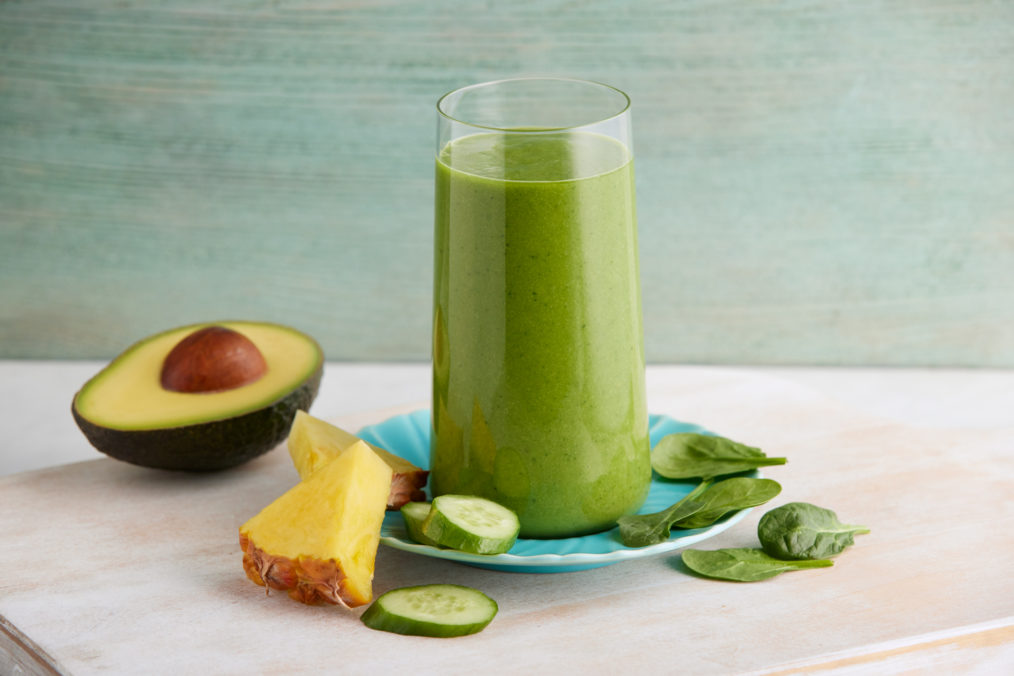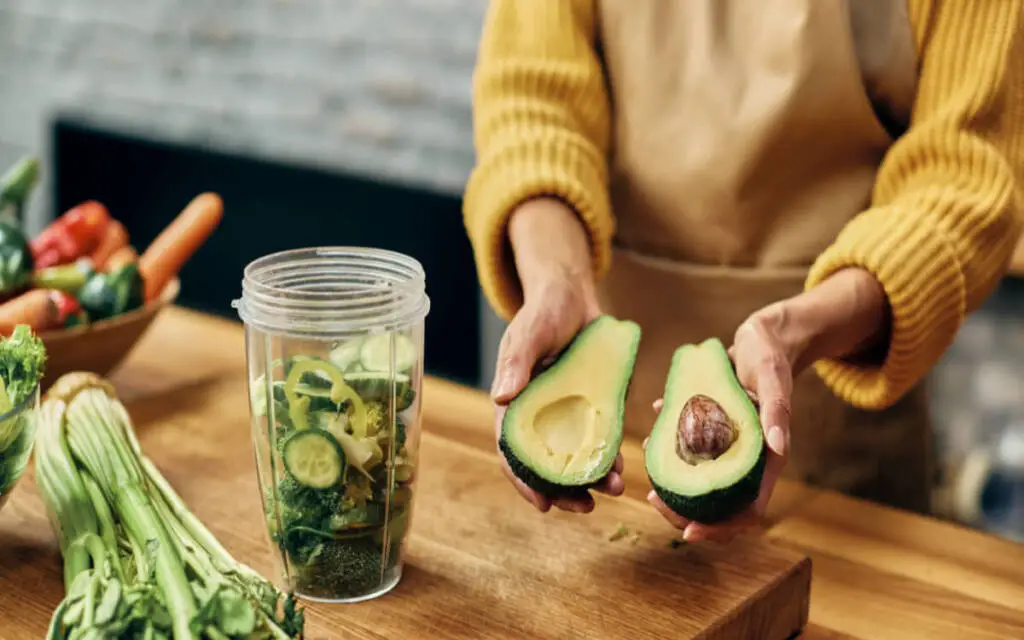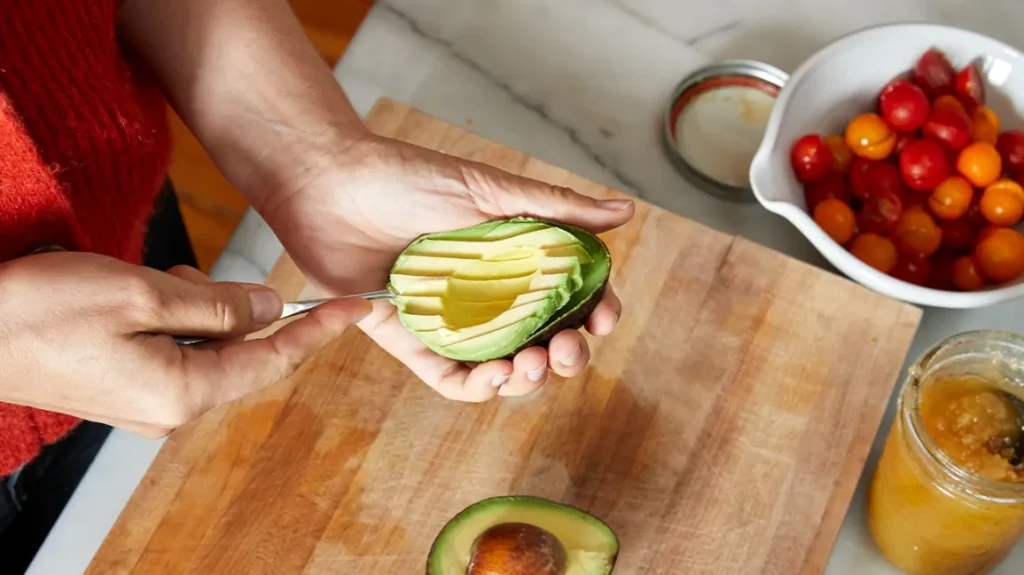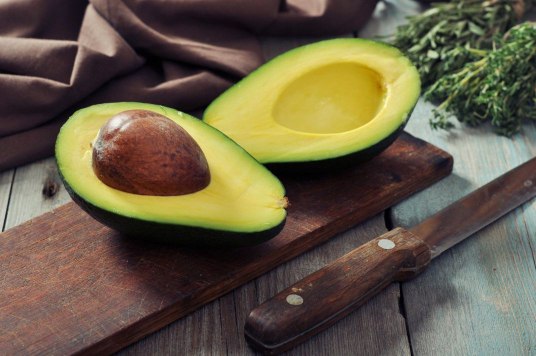Did you know that avocado consists of around 73% water content?
This intriguing fact raises the question: does consuming avocado leave you feeling parched?
Understanding how this popular fruit interacts with your body’s hydration levels can shed light on whether it contributes to thirst.
Explore the relationship between avocado consumption and thirst to uncover how this creamy fruit may impact your daily hydration routine.
Key Takeaways
– Avocado’s high water content supports hydration and skin health.
– Including avocados in meals can increase daily water intake.
– Avocado’s fiber aids in digestion and water absorption.
– Monitoring sodium levels in avocados helps maintain fluid balance.
Avocado’s Water Content
Avocado contains a high water content, contributing to its overall hydration benefits. This fruit’s water content plays a crucial role in keeping you hydrated throughout the day. By consuming foods with high water content like avocados, you can help maintain your body’s fluid balance and support various bodily functions. The water in avocados not only quenches your thirst but also provides essential hydration for your skin, promoting a healthy glow.

Including avocados in your diet can be a tasty way to increase your daily water intake. Whether you enjoy them in salads, smoothies, or on toast, avocados offer a delicious and hydrating option. Additionally, the water content in avocados can aid in digestion by helping to soften stool and prevent constipation. So, next time you’re feeling thirsty, reach for an avocado to not only satisfy your craving but also boost your hydration levels.
Effect on Hydration Levels
Maintaining adequate hydration levels is crucial for overall health and well-being. While avocado itself doesn’t directly impact hydration levels due to its lower water content compared to other fruits and vegetables, it can still contribute to your overall fluid intake.
Avocados are a source of healthy fats, fiber, and various essential nutrients that can support your body’s hydration status indirectly. The fiber in avocados helps regulate digestion, ensuring that your body effectively absorbs and utilizes water from other sources. Additionally, the monounsaturated fats in avocados support heart health, which can indirectly benefit your hydration levels by promoting overall well-being.
To optimize your hydration, it’s essential to consume a variety of hydrating foods and beverages, including water-rich fruits and vegetables, along with incorporating nutrient-dense foods like avocados into your diet. Remember to listen to your body’s thirst cues and stay mindful of your overall fluid intake to support optimal hydration levels.
Nutrient Composition of Avocado
Exploring the nutrient composition of avocado reveals a rich profile that contributes to its overall health benefits. Avocados are packed with essential nutrients that can enhance your well-being and support a healthy lifestyle. Here are four key components of avocado’s nutrient composition:
Healthy Fats: Avocados are a great source of monounsaturated fats, which are beneficial for heart health and can help lower bad cholesterol levels.
Fiber: High in fiber, avocados can aid digestion, promote gut health, and keep you feeling full and satisfied.
Vitamins and Minerals: Avocados are rich in vitamins C, E, K, and B-6, as well as minerals like potassium, which is vital for maintaining healthy blood pressure.
Antioxidants: Avocados contain antioxidants such as lutein and zeaxanthin, which are beneficial for eye health and may reduce the risk of age-related eye diseases.
Including avocados in your diet can provide a nutrient boost that supports your overall health and well-being.
Potential Dehydration Factors
Considering the impact of nutrient composition on your health, it’s essential to understand potential factors that could contribute to dehydration. Dehydration can occur due to various reasons, including inadequate fluid intake, excessive sweating, high sodium consumption, and certain medical conditions. When it comes to avocado consumption, while this fruit is hydrating due to its water content, there are factors to be mindful of that could potentially lead to dehydration.

| Dehydration Factors | Description |
|---|---|
| Inadequate Fluid Intake | Not drinking enough water throughout the day can lead to dehydration. |
| Excessive Sweating | Intense physical activity or hot environments can cause excessive sweating, leading to fluid loss. |
| High Sodium Consumption | Diets high in sodium can increase the risk of dehydration as sodium draws water out of cells. |
| Medical Conditions | Certain health issues like diarrhea, vomiting, or fever can result in dehydration due to fluid loss. |
It’s important to maintain a balance in your fluid intake, monitor sodium levels, and address any medical conditions to prevent dehydration while enjoying the nutritional benefits of avocado.
Avocado and Sodium Intake
To ensure optimal hydration levels, be mindful of the sodium content in avocados and its potential impact on your fluid balance. Avocados are a nutritious addition to your diet, but their sodium levels can vary.
Here are some key points to consider:
Sodium Levels: Avocados contain some sodium, which can affect your overall sodium intake for the day.
Fluid Retention: High sodium intake can lead to fluid retention in the body, potentially affecting your hydration levels.
Balanced Intake: Maintaining a balance between potassium and sodium intake is crucial for proper fluid balance.
Reading Labels: Check food labels when buying processed avocado products, as they may have added sodium for flavor or preservation.
Being aware of the sodium content in avocados and balancing it with other low-sodium foods can help you stay hydrated and maintain a healthy fluid balance.
Avocado’s Impact on Thirst
Avocado consumption can contribute to increased thirst due to its fiber and fat content, which may require additional water intake to maintain hydration levels. Avocados are a nutritious fruit rich in healthy fats and dietary fiber. While these components offer various health benefits, they can also have a mild dehydrating effect, prompting the need for extra fluids to stay adequately hydrated.

Here is a breakdown of the key components in avocados that can impact your thirst levels:
| Component | Impact on Thirst |
|---|---|
| Fiber | Absorbs water in the digestive tract, potentially increasing thirst. |
| Healthy Fats | High-fat content can have a mild dehydrating effect, requiring additional water intake. |
| Calories | Avocados are calorie-dense, so consuming them may necessitate more fluids to aid digestion and metabolism. |
Being mindful of your avocado consumption and ensuring you drink enough water throughout the day can help counterbalance any increase in thirst caused by enjoying this delicious and nutritious fruit.
Expert Opinions and Studies
With regards to the impact of avocado consumption on thirst, expert opinions and studies provide valuable insights into the interactions between avocado components and hydration levels. When delving into the research surrounding avocado and thirst, you’ll find that:
– Some studies suggest that the high potassium content in avocados may help regulate fluid balance in the body.
– Experts point out that the healthy fats in avocados can contribute to overall hydration levels.
– Research indicates that avocado’s fiber content could play a role in promoting satiety, potentially affecting thirst cues.
– Studies have shown that incorporating avocados in a well-rounded diet can be beneficial for overall hydration status.
These findings highlight the complexity of the relationship between avocado consumption and thirst, emphasizing the need to consider various factors when evaluating its effects on hydration levels.
Tips for Hydrating With Avocado
For optimal hydration benefits, consider incorporating avocado into your daily meals and snacks. Avocados aren’t only delicious but also a great source of water content, healthy fats, and essential nutrients that can help keep you hydrated throughout the day.

Here are some tips for hydrating with avocado:
1. Avocado Toast: Start your day with a hydrating breakfast by spreading mashed avocado on whole-grain toast. The water content in avocados can help kickstart your hydration levels in the morning.
2. Avocado Smoothie: Blend ripe avocado with your favorite fruits, greens, and a liquid base like coconut water or almond milk to create a creamy and hydrating smoothie. This can be a refreshing snack or post-workout drink.
3. Avocado Salad: Add slices of avocado to your salads to increase the water content and enhance the overall hydration of your meal. The creamy texture of avocado can also complement the crispness of the greens.
Incorporating avocado into your meals and snacks is a delicious way to stay hydrated and nourished throughout the day.
Frequently Asked Questions
Can Eating Avocado Help With Weight Loss?
Eating avocado can indeed aid in weight loss due to its healthy fats and fiber, helping you feel full longer. Incorporate it into salads, smoothies, or as a spread for a nutritious boost.
Is It Safe to Eat Avocado Every Day?
Eating avocado every day is generally safe and beneficial. It provides healthy fats, fiber, and vitamins. Just remember to balance it with other nutritious foods for a well-rounded diet. Enjoy it in moderation for optimal health.
Are There Any Potential Allergic Reactions to Avocado?
If you have any potential allergic reactions to avocado, consult a healthcare provider. Symptoms may include itching, swelling, or difficulty breathing. It’s important to identify and avoid triggers to manage allergies effectively and stay healthy.
Does the Ripeness of the Avocado Affect Its Hydrating Properties?
When it comes to the ripeness of avocados, it can impact their hydrating properties. Ripe avocados tend to be creamier and more hydrating than unripe ones. So, choosing a ripe avocado may help quench your thirst better.
Can Avocado Be a Good Replacement for Sports Drinks During Exercise?
During exercise, avocado can be a good replacement for sports drinks. It provides essential nutrients like potassium and healthy fats to help replenish energy and support muscle function. Plus, it’s a delicious and natural alternative.
Amazon and the Amazon logo are trademarks of Amazon.com, Inc, or its affiliates.

